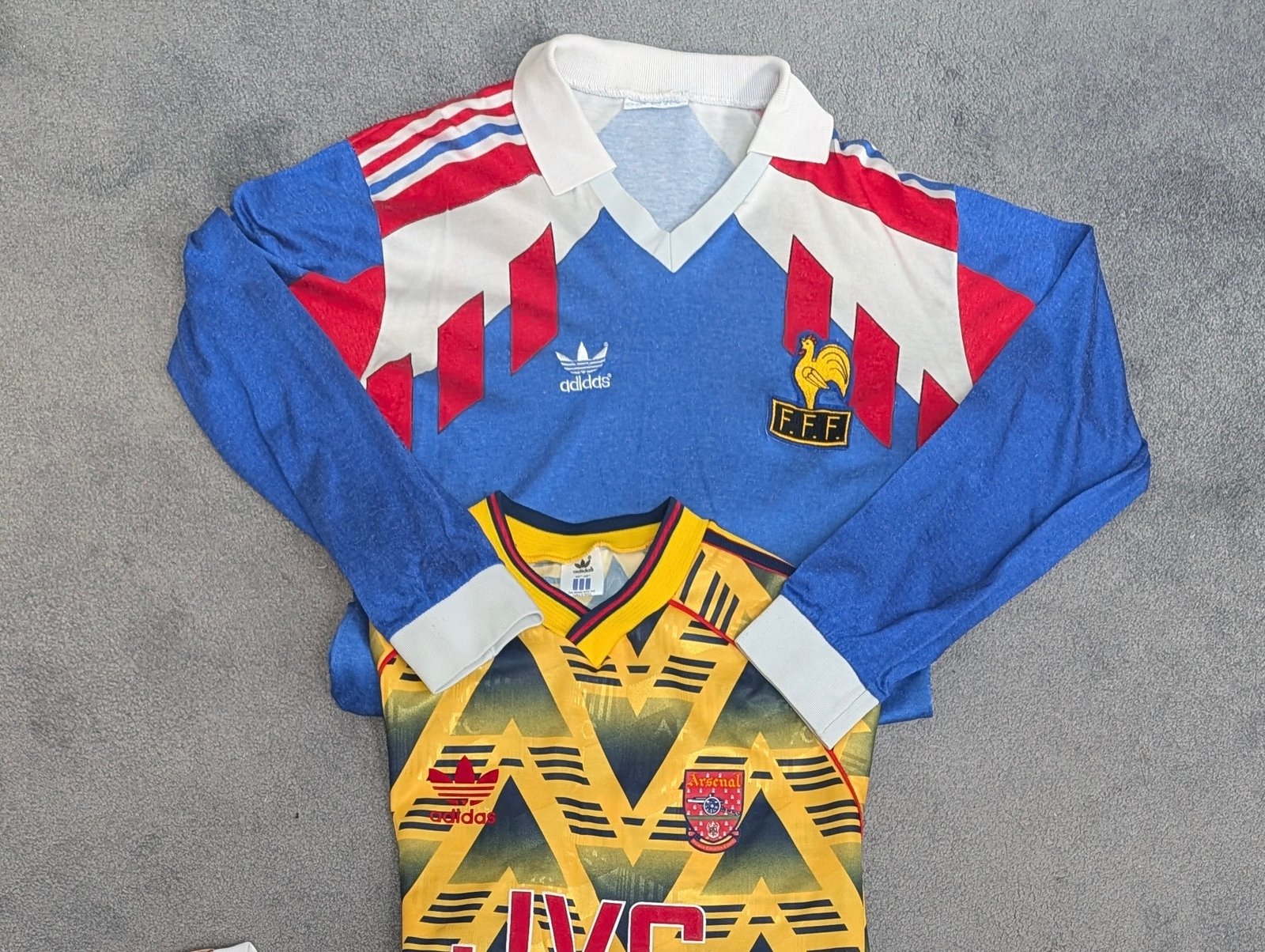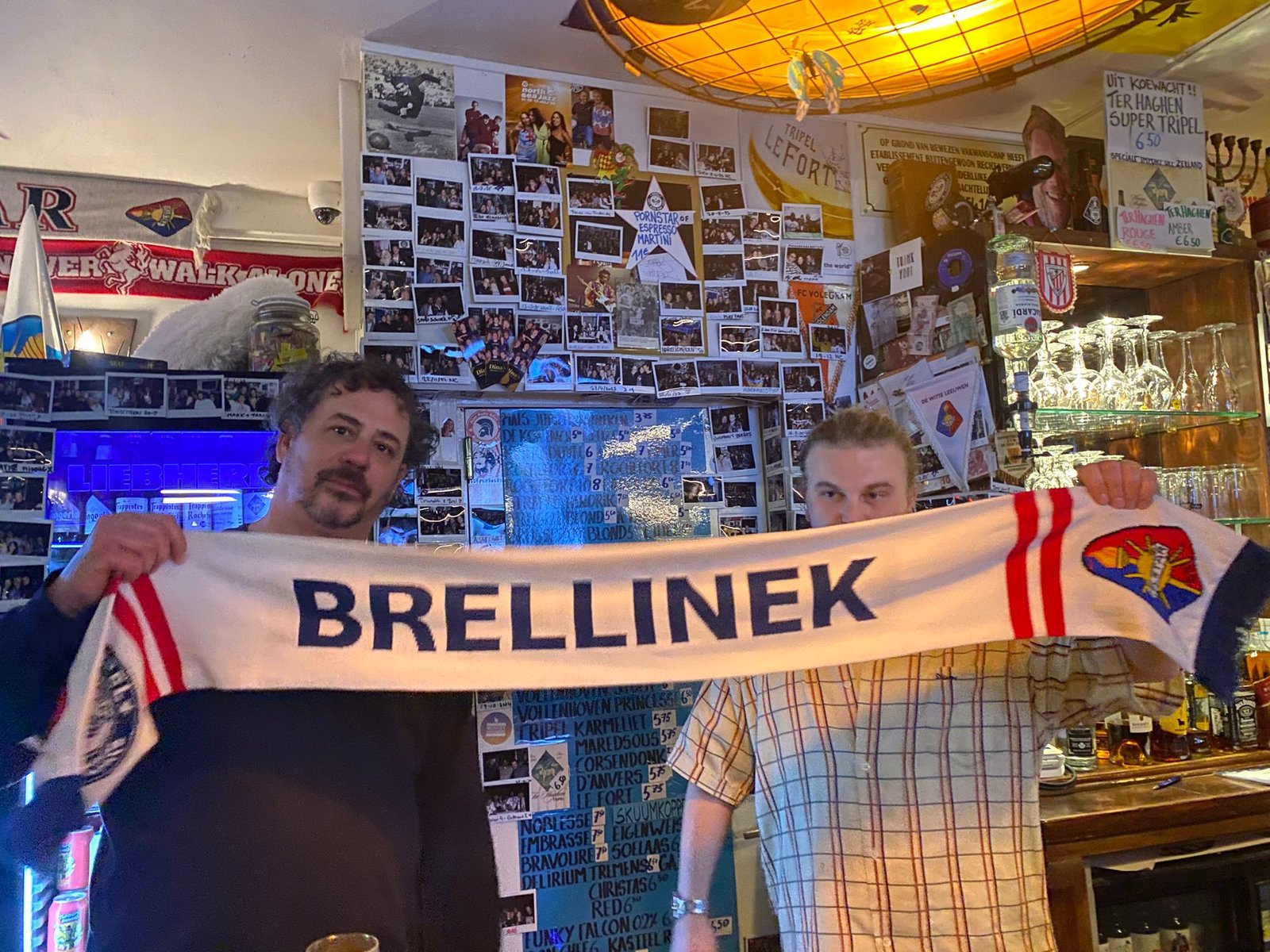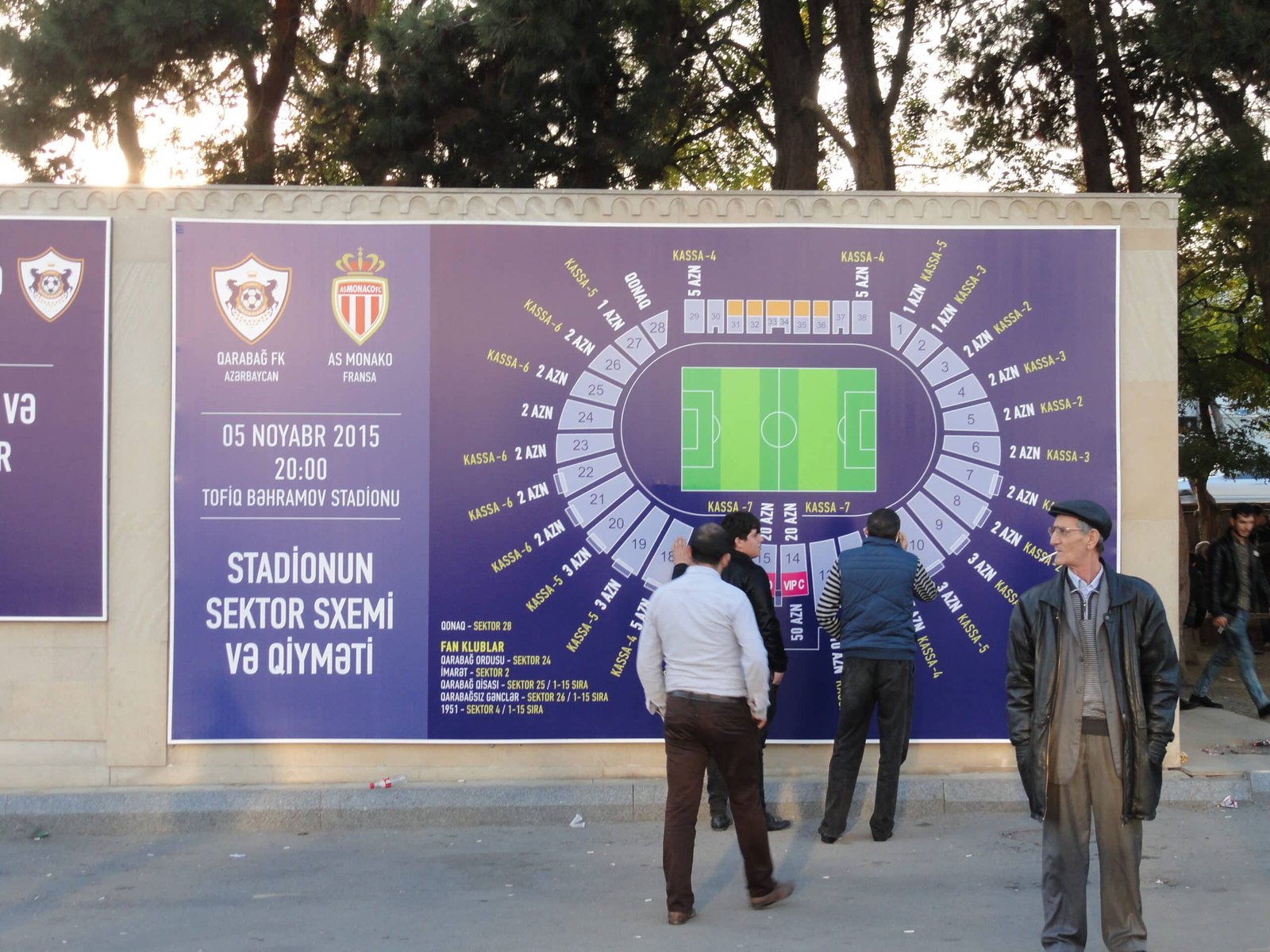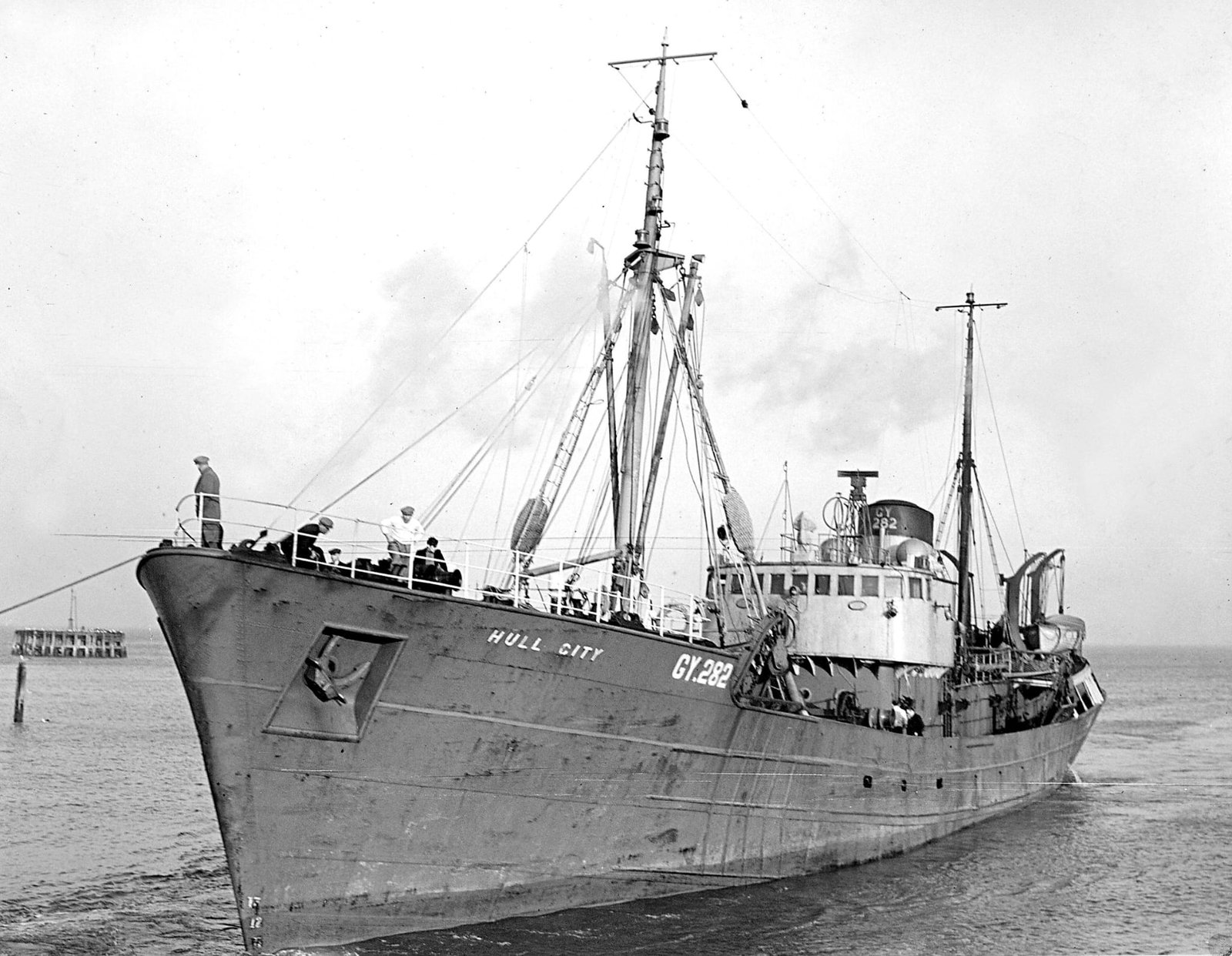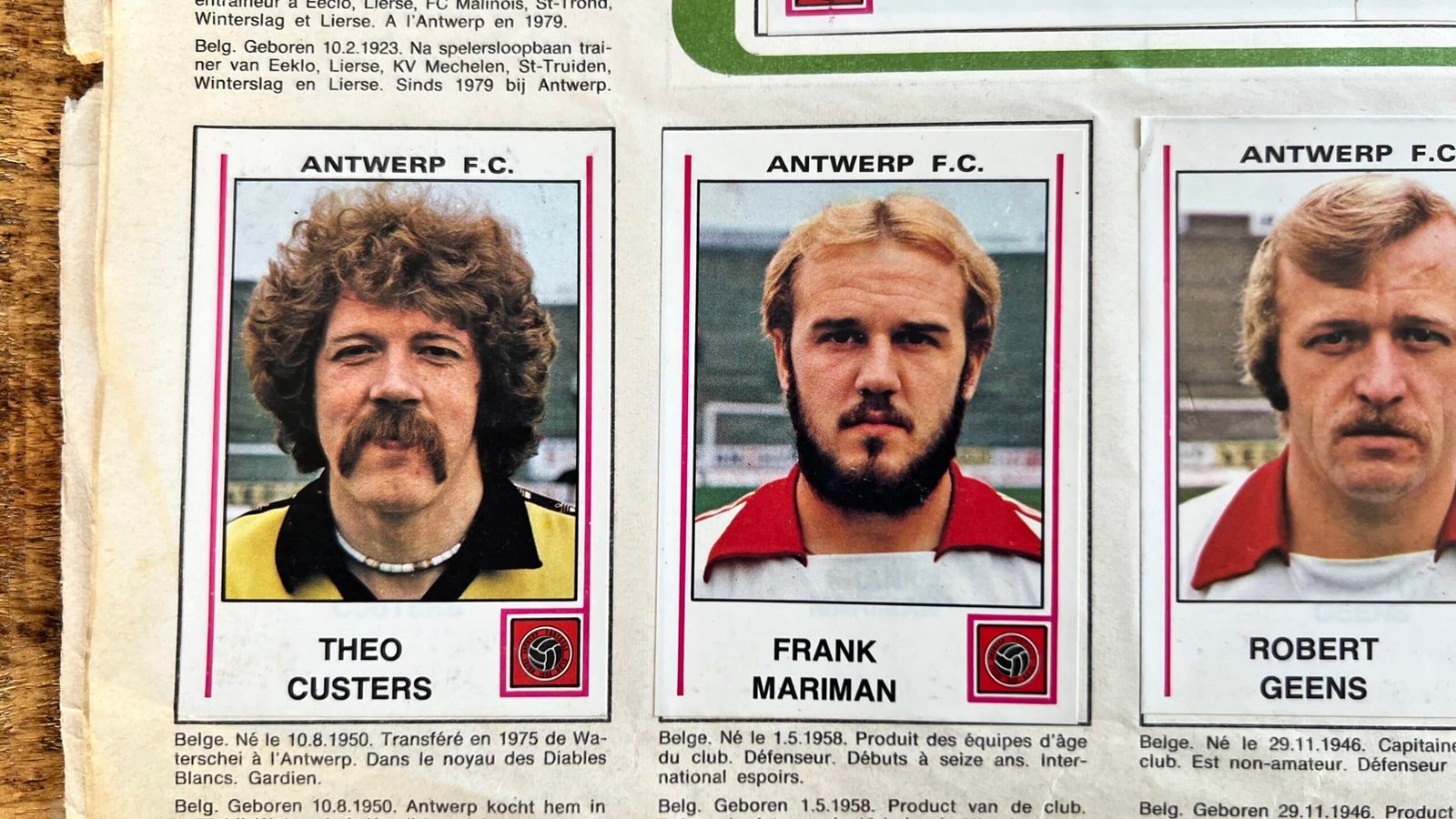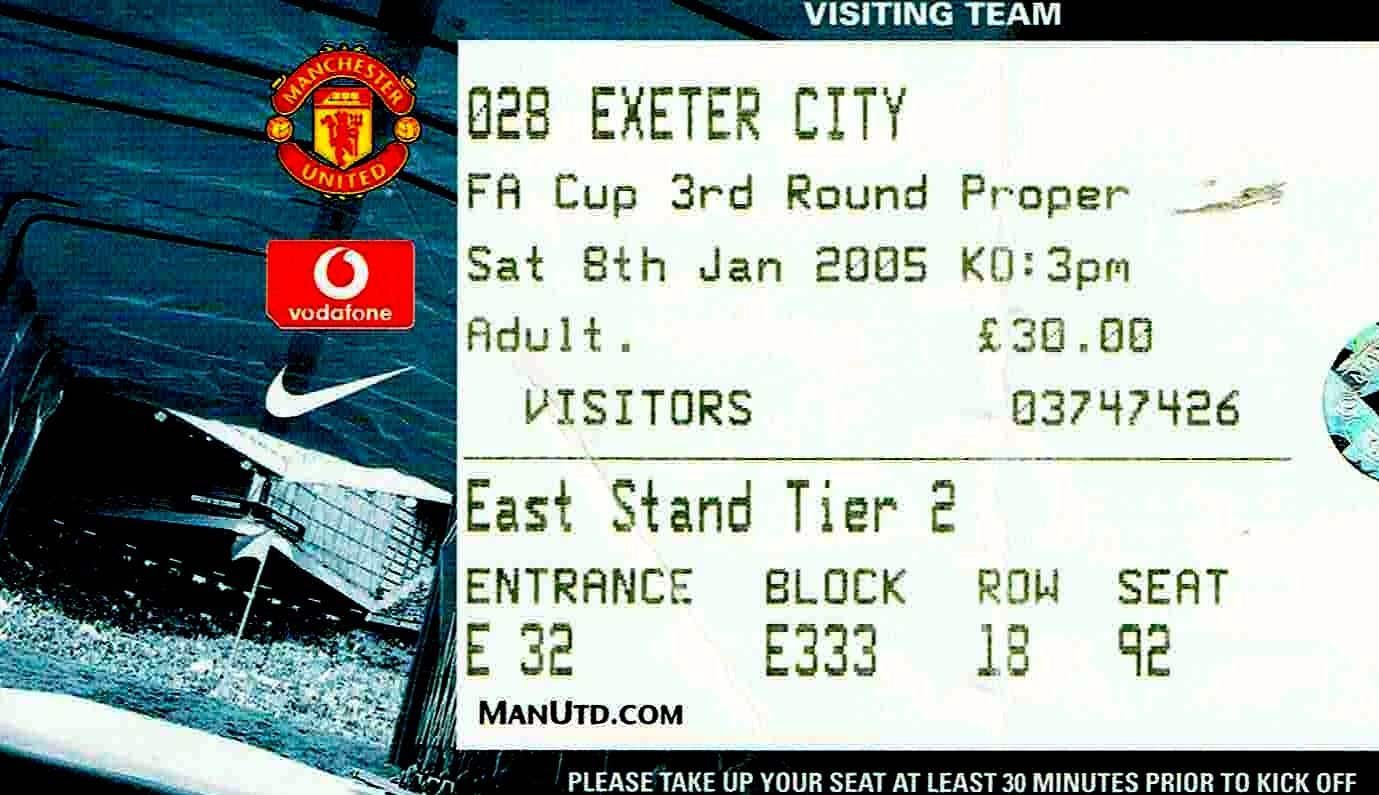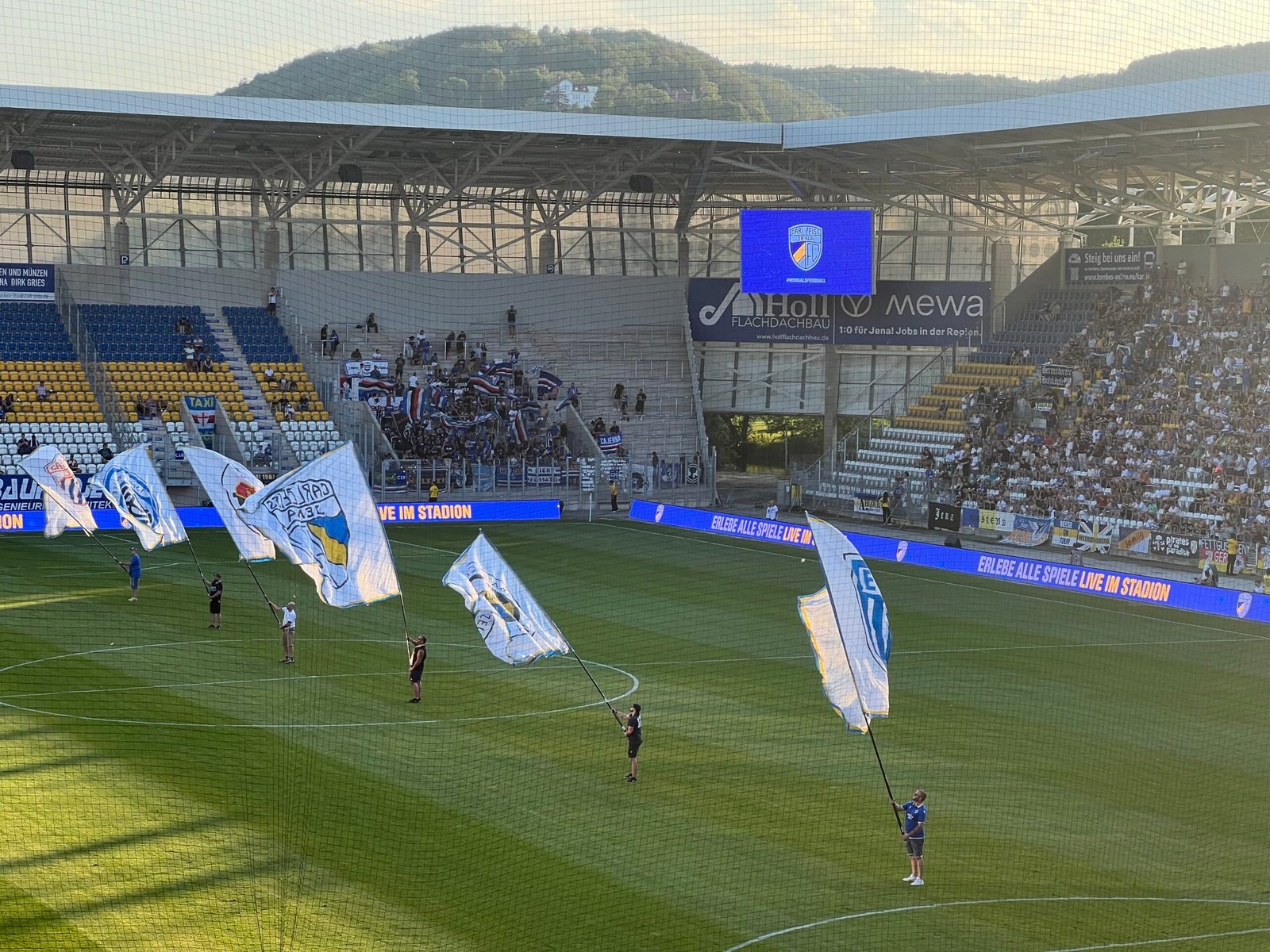The long-awaited Itaka Arena has just been unveiled in Opole – Mateusz Kasprzyk reports
Either side of Euro 2012, Poland built many new stadiums, big and small, and the country now contains some of the best in Europe. But Opole, a medium-sized city of some 125,000 people, has always missed out.
This all changed one night this month when fireworks exploded over the Oder river to celebrate the opening of the Itaka Arena, new home of local club Odra Opole.
Built at a cost of 208.7zł million (€50 million), the stadium sits in the far north-western outskirts of Opole on the opposite bank of the Oder to the city centre. Capacity is 11,600. The special approach road created for it has been named after lawyer, Leonard Olejnik, who co-founded the club back in 1945 and was its first chairman.

Opole is part of Upper Silesia, though not everyone in Poland might connect the two. This is a region famed for its coal mines and its traditional football clubs in Katowice and Chorzów, further south. Say ‘Opole’ to a Pole of a certain age, and they will think of the music festival that started here in the 1960s.
Odra Opole have clocked up 22 seasons in Poland’s top flight – the same as the current champions, Jagiellonia Białystok. But over the last decade, the Vikings of the South have been quietly pootling along in the second tier, after nearly going bust in 2010.
The last time Odra rubbed shoulders with the elite was back in 1980-81. They finished highest in 1964.
Now, 60 years later, one of the last of Poland’s bigger cities to welcome a new stadium took advantage of the occasion to cherry-pick the opposition for the curtain-raising fixture: long underachieving 1FC Magdeburg from Germany’s lower-tier Zweite Bundesliga.
Underwhelming? Far from it. These two teams, as they say, have a bit of history.

In 1976-77, Odra were new to Poland’s top flight and finished 12th. They also won a now defunct domestic tournament called the League Cup. As Poland were granted extra spots in Europe the following season, so Odra entered the UEFA Cup through the back door.
In the First Round, the draw pitted the Polish side against Magdeburg, then a strong East German side that had won the Cup Winners’ Cup three years before.
Not only that, but spearheading their attack was Jürgen Sparwasser, a national hero who had famously scored the only goal for East Germany to beat their western counterparts, Beckenbauer and all, at the 1974 World Cup.
Facing him between the sticks was Odra’s goalkeeper Józef Młynarczyk, who would later help Poland earn third place at the 1982 World Cup and lift the European Cup with Porto. Planning Magdeburg’s demise was Opole coach Antoni Piechniczek, who would lead Poland to that World Cup medal five years hence.
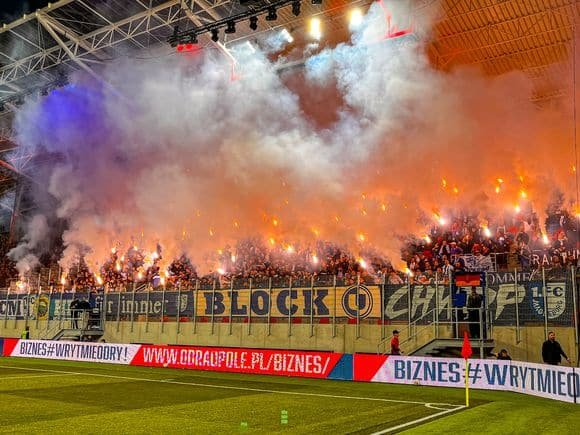
In front of 18,000 in the old Odra stadum, Opole gave favourites Magdeburg a game, going ahead before half-time then falling to two Sparwasser goals. The away leg was also close, a 1-1 draw, notable for the fact that the visitors’ equaliser came from Józef Klose, father of the later German World Cup star, Miroslav.
It was no surprise, then, that tickets for the stadium opener this month went in no time. More than 1,000 were snapped up by Magdeburg fans, whose last European adventure came right after the fall of the Berlin Wall.
Beating RoPS Rovaniemi on the day of German Reunification in October 1990, now free to travel, Magdeburg took some 600 fans to Bordeaux to see illustrious names such as Didier Deschamps, Patrick Battiston and Christophe Dugarry at the Parc Lescure.
A narrow defeat signalled the GDR club’s European farewell. Going the way of so many big names in the once prestigious East German game, Magdeburg just escaped the descent to amateur status in 2012.
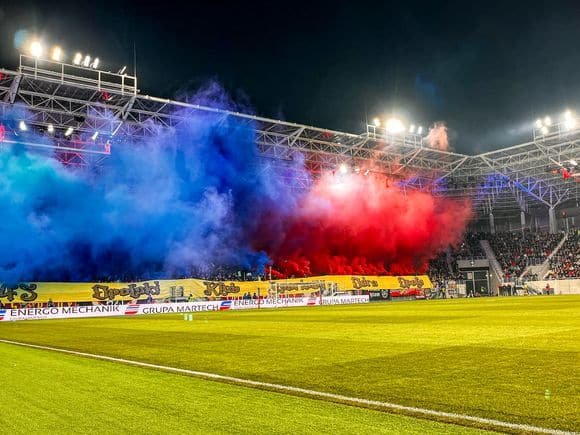
On March 21, as Opole celebrated its long-awaited new stadium, Magdeburg’s fans marked their European return after 35 years by smashing up the toilets in the recently completed arena.
For their part, the Odra ultras rose to the challenge of creating an impressive pyrotechnic display with matching choreography, despite a delayed kick-off due to traffic jams. Appearances by Polish pop singers nodded towards Opole’s musical heritage while the star of the show was former coach Antoni Piechniczek, now 82 and long retired.
As for the game, Magdeburg went ahead on 67 minutes before a suitably quality goal allowed the hosts to avoid defeat. As the sky still blazed with more fireworks, it was a time for reflection on both sides.
“For the club, this new stadium is a milestone, and puts it on a different level,” said Odra commentator, Marcin Szwedowski. “I hope that it will provide us with the impetus to fight for a return to the top league after over 40 years. First, of course, we have more down-to-earth goals and survive in the second tier.”
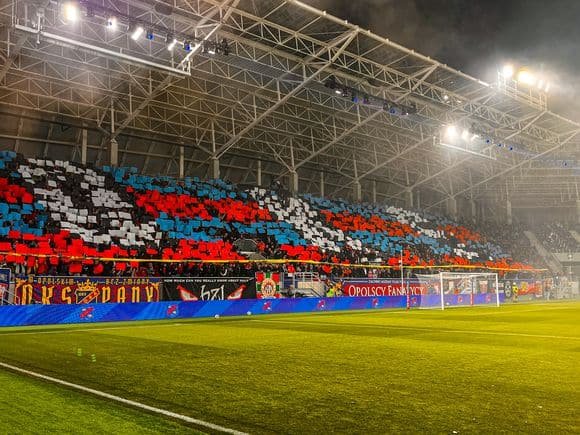
While Odra are in serious danger of being relegated to the third flight, Magdeburg are enjoying their best season since Reunification. Currently, the three-time GDR title winners stand three points from a play-off place to reach the all-German top tier for the first time.
“We will also keep our fingers crossed for Magdeburg,” said Odra coach Jarosław Skrobacz after the game. “We hope they join the Bundesliga after so many years away.”
Perhaps Opole might just be the place where both clubs start their journey to get back to where each one belongs.
Odra Opole, Itaka Arena, Leonarda Olejnika 1, 45-839 Opole. Match tickets here.
Mateusz Kasprzyk has written extensively about football in Poland and the former GDR, available in both PDF and e-book formats. See Libero’s story about his fascinating travels along the border here.

